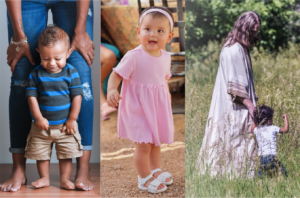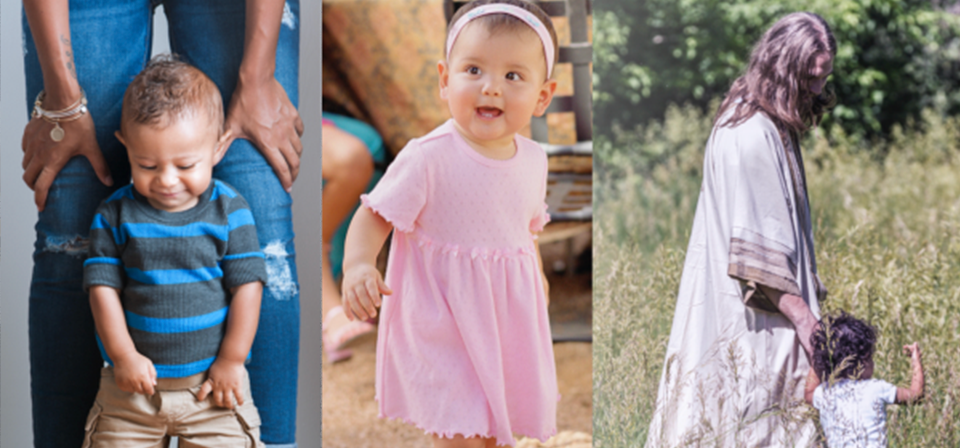In this series, we’ve addressed the importance of flexibility within boundaries and the maturity to distinguish between rules and principles. That brings us to the importance of release – transferring responsibility and control – toward independence.
Imagine a toddler who has never crossed a room independently. Rather than exercising his legs to crawl then walk, he’s been carried by loving and protective family members. Or, imagine a toddler being enrolled in a half-marathon, challenged to keep pace with adults. Either extreme is unhealthy and potentially crippling. What they need is gradual release, the invitation to crawl and walk independently in a safe environment. Toppling over, though frightening, is important in learning how to walk with balance and confidence. Strength and courage to get up and try again are developed in these moments.
Likewise, we can cripple our children emotionally and spiritually if we don’t nurture their love, trust, and faith in a manner that’s age appropriate. We need to share our beliefs, just as we share our walking skills. Then, we need to release them to explore within safe boundaries so they can develop their own relating style and transferrable understanding of God’s character and expectations. To insist that they interact precisely as we would is to ask them to become us, not the unique persons God designed.
Their world of peers, opportunities, public discourse, and technology is (will be) quite different than the one we live in. The people and missions they’re being prepared for are different. The plans He has for them are different. The ways He will direct them, while rooted completely in what He’s already expressed in scripture, will be between Him and them alone. Like inside stories of shared experiences between close friends, each believer has an individual communion with Jesus.
You may have encountered the statement, “God has no grandchildren.” Consider that a moment, and ask yourself these questions: Do your children know Jesus as a friend of yours, or as a friend of their own? Is He the God of your family, or their God personally? They need their own relationship with Him, and it will most likely look different from yours.
 Just as the example of a toddler walking, relationships start with baby steps of exposure and introduction. We bring them along as we conduct business, laugh and cry with friends, and as we worship, study, and pray. We are role models for them, giving the guidance and feedback that we found helpful in our relationships with Jesus and others.
Just as the example of a toddler walking, relationships start with baby steps of exposure and introduction. We bring them along as we conduct business, laugh and cry with friends, and as we worship, study, and pray. We are role models for them, giving the guidance and feedback that we found helpful in our relationships with Jesus and others.
One excellent resource for quality role models is Dr. Wonder’s Workshop. It’s a TV show of all deaf characters, each with their unique styles, working together. Each episode includes a Bible story, an object lesson, a song, and a situation in the workshop that illustrates an aspect of Jesus’ character and/or expectations for His followers.
Check out some of our videos at www.DrWonder.com. Better yet, watch as a family, and invite your children to explore and exercise their faith and relationships for themselves.

